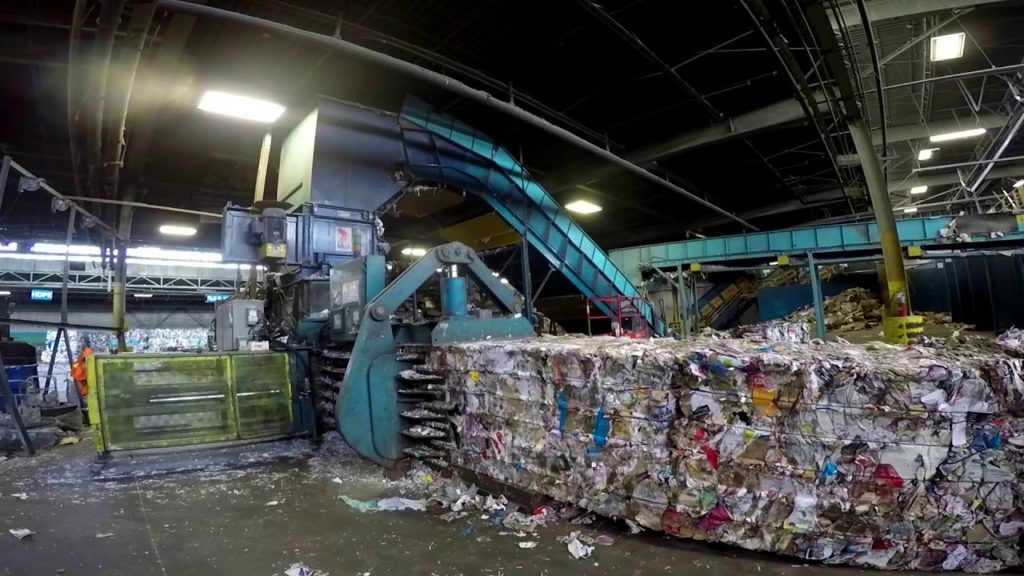How to Recycle Better

Learning to recycle and waste less is important for keeping our planet green, as we all know. If you care about the environment, check out the best ways to recycle you everyday items!
The recycling rate in the United States has increased from less than 7% in 1960 to over 34% in 2015. While the progress is promising, we still have a long way to go. This article should help get you started so that you can recycle more at work, home, and school. Recycling in and around the home can be easy when you know how to do it. By thinking carefully about what products you buy at the supermarket and how to recycle them is the first step towards efficient recycling. Find ways of recycling different materials by better understanding the recycling processes.
How to recycle best, this is the question. Recycling conserves raw materials and saves the additional energy that manufacturers would use producing new products from scratch. Recycling also reduces the amount of material going into landfills, which is a big bonus given that many countries are fast running out of space for trash.
For instance, do you recycle in several rooms of your home? If you only recycle in the kitchen, recyclables in your home office or bathroom get thrown away. So make recycling a collaborative effort where everyone participates, enabling the most recycling of the right materials.
Recycling may not be a cure-all to pollution and landfill issues—following a zero waste lifestyle to limit use of landfill-clogging items may be the more environmentally friendly route—but for recyclable items already out there, recycling is the best way to do whatever possible to keep those items from damaging natural resources. Maintaining a recycling system, learning how to recycle are important duties everyone should get involved with.
By the way recycling creates jobs. EPA released significant findings on the economic benefits of the recycling industry with an update to the national Recycling Economic Information (REI) Study in. This study analyzes the numbers of jobs, wages and tax revenues attributed to recycling.
Learn which materials belong in your bin, where to recycle or donate other items, and what to throw away. Do your part and recycle smart to enhance the environment, boost the economy, and save your community money. To learn more about local recycling, composting, and hazardous household product, use google to research the question.
Recycling doesn’t have to be a big commitment. Just think, the few seconds a day you take to recycle will have a positive impact on the health, safety and cleanliness of your community – not to mention, the future of our environment! There are easy steps to recycling better. Learn What to Recycle. Make your recycling efforts count. Learn what items go into your recycling and what items should be put in the garbage. Residents in single-family and multifamily homes can learn how to prepare their bins optimally.
Recycling is a huge part that everyone must take action in to keep the environment safe and to decrease landfill space. Teaching kids how to recycle is important, as they can learn early in life and continue with it as they grow older. Hire waste management services if needed, some companies will take your junk in bulk and recycle all they can.
In the USA, determine local requirements: first and foremost, consult with your local recycling jurisdiction to see if there are any special requirements as to what materials are accepted, how they must be sorted and cleaned, and what bins must be used for depositing them for pick-up. Some areas may not accept all seven classes of resins. Look at the bottom of the plastic bottle to verify that it is an allowed item for the recycling facility.


